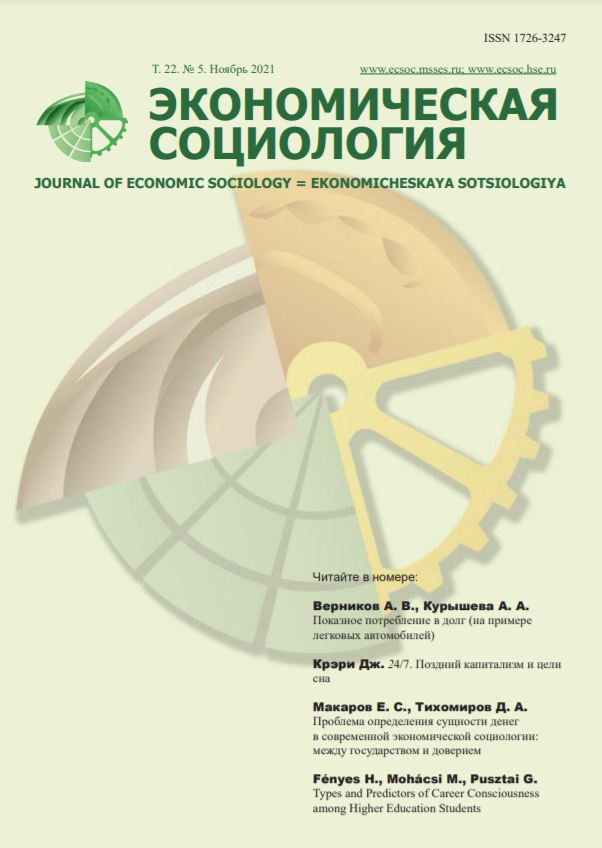Land Use Regulations: Legally Fluid Technology
Abstract
Urban law is changeable, and its changes may be associated with those in the material environment of the city as well as those in legal instruments. Conse¬quently, the law itself is unstable. Two types of changes are associated with two types of conflict in urban law: conflicts of norms and property rights. The coordination of the two types of conflict means that urban law is decidedly technical. Therefore, the established methods of analyzing urban law, which emphasize the distinction between formal and informal relations, do not work to explain the ways of city law. According to the hypothesis of the study, urban law does not act as a normative or political tool but as an "unstable technique" (a term used de Laet and Mol) that unites a bundle of normative styles. In exemplifying the unstable technique of law, the article considers a local docu¬ment of Russian urban regulation—Rules of Land Use and Development (PZZ). The research material was collected in the spring of 2021 in two Russian regional cities named in the text: Frontier City and Factory City. In the empirical part, two cases are analyzed. Changes in the PZZ that affect the material form of the city are described as moving objects that go through a series of negotiations and approvals. For legal changes in the context of the PZZ that affect the structure of the document and its normative styles, the study shows how such changes can be integrated into the existing structure of the PZZ. As a result, we see that the two cities work with material and legal changes in different ways, but both types of changes are irreducible to each other: the transformation of one into the other will lead to the destruction of the existing social order. This type of trans¬formation, which Lo calls non-homeomorphic, sets the structure of the variability of PZZ and urban law and determines their topological nature, built on the ongoing switching between different normative styles.













